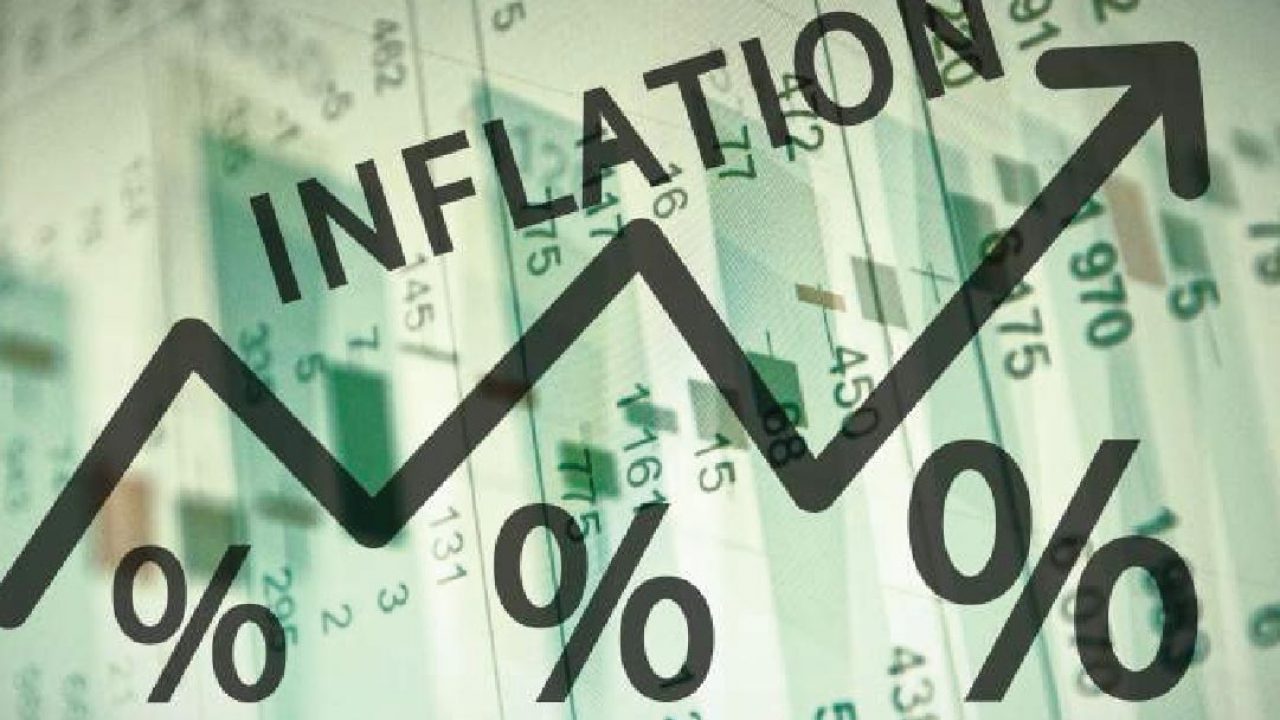Analyst Insight
Headline Inflation to Increase to 12.55%, Monthly Inflation to Dip in June 2020
Published
6 years agoon

Analysis by FDC
Our market survey points towards a 0.15% increase in the headline inflation to 12.55% in June from 12.40% in May. This will be the 10th consecutive monthly increase and the highest rate in over 2 years. The main inflation driver is the supply disruptions caused by the planting season and the partial lockdown of the economy. Its impact was exacerbated by the exchange rate adjustments and higher logistics cost. The currency has been devalued twice in the last four months. The resulting impact will be a spike in imported goods especially for an import dependent economy like Nigeria with a marginal propensity to import of 0.63. Therefore, imported inflation currently at 16.27%, is expected to increase.
Read Also:
The good news is that month-on-month inflation, which is more of a measure of current market realities, is projected to decline for the first time in three months to 1.15% (annualized at 14.61%). The gradual easing of the lockdown especially the inter-state movement has provided some support for the commodity supply chain, thus increasing output levels. This is reflected in the FBN PMI which is now in positive territory (53.9 points) after three months of contraction.

Commodities Price Trend in June
We noticed a mixed movement in commodity prices in June. While the price of tomatoes, pepper, yam, onions and palm oil increased due to seasonal factors, the price of locally produced sugar and yellow garri declined.

In certain urban markets, we noticed a switching and substitution of tastes towards cheaper priced commodities.
We expect the prices of most of these items to decline in Q3, which is the commencement of the harvest season. The sharp decline in sugar prices was partly supported by the relaxation of the interstate movement restrictions.
On the global front, global commodity prices increased in June for the first time this year. The food price index increased by 2.4% to 93.2 points, driven by a pickup in the prices of vegetable oils, sugar and dairy. Cereals and meat prices trended downwards due to market uncertainties triggered by the health crisis.
Aggregate demand will remain subdued
In the last four months, consumers’ disposable income has been adversely affected by the covid-induced economic paralysis. This is expected to continue in Q3 as companies still struggle to stay afloat in this period of economic downturn. Hence we expect aggregate demand to remain subdued. This will help to taper inflationary pressures in the coming months.
Peer comparison – mixed movement in Inflation – 4 Reds, 3 Greens
The inflation trend across Sub-Saharan African (SSA) countries remain mixed. Four of the SSA countries under our review have released their inflation numbers for June. While Kenya and Zambia reported lower inflation, Uganda and Angola recorded an increase. This was largely due to the movement in food prices impacted by the shutdown in various cities.
Most of the SSA countries continued to adopt an accommodative monetary policy stance to mitigate the impact of the Covid-19 effect on their economy.

Concluding Thoughts
Monetary policy decisions are based on inflation expectations rather than the historical trend. Headline inflation is projected to decline in Q3 due to improved output from the harvest season and pickup in activity level. The anticipated decline in inflation will provide some relief for the MPC committee at their meeting this month. However, currency devaluation remains a major threat to these inflation expectations.

Share this:
- Click to share on X (Opens in new window) X
- Click to share on Facebook (Opens in new window) Facebook
- Click to share on WhatsApp (Opens in new window) WhatsApp
- Click to share on Pocket (Opens in new window) Pocket
- Click to share on Telegram (Opens in new window) Telegram
- Click to email a link to a friend (Opens in new window) Email
- Click to share on LinkedIn (Opens in new window) LinkedIn
You may like


Nigeria’s Inflation Moderates to 14.45% in November


Nigeria’s Inflation Eases to 20.12% in August as Food Prices Retreat


Nigeria’s Inflation Hit 34.80% in December – NBS


Inflation Drops to 32% in August to Sustain Respite — NBS


BREAKING: Inflation Rate Jumps to 34.19% in June


ECONOMY: Inflationary Pressures Remain Front Burner amid CBN, FG’s Ambitious Strategy






